As our loved ones get older, it is natural that they may begin to experience incontinence. This can be an embarrassing experience, and they may struggle to ask for help. However, there is nothing wrong with needing support from family. Find out what elderly incontinence is, what could be causing it, and how you can help your parents.
What is Elderly Incontinence
Incontinence occurs when the bladder leaks. It may also be known as an overactive bladder. Anyone can be incontinent, but it is most common amongst over-70s. Women, especially, may be vulnerable to incontinence.
What Causes Incontinence?
Elderly incontinence does not have to be a part of growing older. It has causes like any other condition. When it comes to incontinence, other medical conditions can contribute. For example, diabetes, multiple sclerosis, and Parkinson’s disease can damage the nerves that control the bladder. Alternatively, it may be that arthritis is making it difficult for your loved one to get to the toilet on time.
Elderly loved ones with weak pelvic floor muscles could also experience incontinence. In men, elderly incontinence could also be linked to problems with their prostate gland.
In some cases, incontinence may occur when pressure is placed on the bladder. This could be due to laughing, sneezing, or during exercise.
Helping Parents with Elderly Incontinence
Living with elderly incontinence can be embarrassing for our loved ones. They may not want to talk about it, so you might not always realise it is happening. If you do notice that they are experiencing incontinence, it is crucial that you are empathetic with them and reassuring. It is important that they understand they are not alone. In fact, almost a quarter of over-65s experience urinary incontinence.
Further reassurance can be provided by reminding your loved ones that there are solutions to the problem. You can explain that liners and disposable underwear are available that will not appear any different that what they wear already. Only they will know the difference.
Here are some further methods of helping your parents with elderly incontinence.
Provide Samples
Telling your parent that they need to buy pads or disposable underwear may be seen as a belief that they can’t look after themselves anymore. Instead, you should gradually introduce the idea to them as a solution to their problem. Provide a handful of samples that they can choose to use when they’re ready. Place them in discreet locations so other guests won’t notice them. For example, you could place a few pieces of disposable underwear in their drawer for them to use when they’re ready.
Just be sure not to overload your loved one. Too many products could prove intimidating.
Adjust House Layout
If your parent is struggling to reach the toilet in time due to elderly incontinence, you may need to help them adjust the layout of their home. Focus on any mobility issues that may be affecting their ability to reach the bathroom. Discuss what obstacles may be between them and the toilet and identify how to address them. For example, you could move their chair closer to the door and ensure there is a clear route to the bathroom.
By making it easier for your loved one to reach the toilet when they need to go, you reduce the risk of accidents. This could help your loved one to feel more confident about living with elderly incontinence, and may make them more receptive to other support.
Visit the Doctor
Though elderly incontinence can develop due to advancing age, it could also be caused by health problems. Therefore, it is important to get your parent checked by a doctor just in case their incontinence has a more serious cause. Doing so could put their mind at ease as well as identifying methods for handling the condition.
Your parent’s GP will also be able to prescribe medication that can help with elderly incontinence, if they think this is necessary. The opinion of a medical professional may also be easier for your loved one to hear.
Support Their Hydration
If your elderly parent is struggling with incontinence, it may seem counterintuitive to ensure they are drinking regularly. However, being incontinent increases the risks of dehydration from loss of fluids. Helping your parents may involve providing them with additional drinks throughout the day, or sending them occasional reminders – without harassing them – to keep drinking.
They should aim to drink more than the average recommended daily intake to counteract their increased fluid loss. This amount would usually be about 1.5 litres (6 to 8 glasses to water); your loved ones should aim for about 2 litres instead.
Consider a Carer
Your loved one may need additional support caring for themselves with incontinence. They may struggle to get changed or clean themselves properly after an accident. However, they may dislike the idea of being cleaned by a family member. This is perfectly understandable. Instead, you may want to discuss hiring a carer to visit and offer assistance. If your parent agrees to this extra support, it is important that the carer attending your loved one has the proper training for the task.
Your loved one should be comfortable receiving visits from a carer. There is no point hiring someone if the additional support will leave your loved one feeling less confident or unhappy.
Encourage Kegel Exercises
Although some exercise can increase the occurrences of elderly incontinence, Kegel exercises could provide a solution. These exercises are designed to improve the strength of pelvic floor muscles, which could reduce incontinence in men and women. What’s more, Kegel exercises don’t require any additional equipment and can be done anywhere. This includes when sitting down.
To perform a Kegel exercise, your loved one simply squeezes their pelvic floor muscles for ten seconds, rests for ten seconds, and then repeats this up to then times. Your parent should aim to perform three or four sets of exercises every day to strengthen their pelvic floor muscles and reduce incontinence.
Adjusting to Elderly Incontinence
Unfortunately, elderly incontinence cannot always be avoided or solved. Your loved one may require support to adjust to their new lifestyle, but it may also take them some time to accept it. Over time, you will be able to introduce them to the necessary equipment needed to cope with their condition. If they continue to struggle to reach the toilet on time, they may need to adopt new routines. You may also need to consider investing in a commode so they can easily go when needed.
Ultimately, respect, patience, and empathy are necessary when helping your parent.
Additional Support at Home
Elderly incontinence may not be the only struggle your loved one needs support with. If they are worried about falls or illness at home and beyond, a personal alarm from Careline365 can offer peace of mind. A simple press of a button allows help to be arranged in moments.
At Careline365, we offer a range of alarm plans to suit your loved one’s needs. For protection throughout the home and garden, we offer the Digital Alarm. If your loved one needs reassurance when out and about, the GO GPS Alarm offers coverage wherever they go. Our personal alarms also come with optional fall detection capabilities, which automatically raises an alarm if a sudden fall is detected.
To find out more about the Careline365 personal alarm service, read our helpful guide. If you have any further questions about the products we provide, do not hesitate to call our friendly team on 0800 101 3333. Finally, remember to order your Careline365 alarm online today.
Choose Your Personal Alarm
To help you choose, start by selecting where you would use your personal alarm. In home only or at home and on the go.

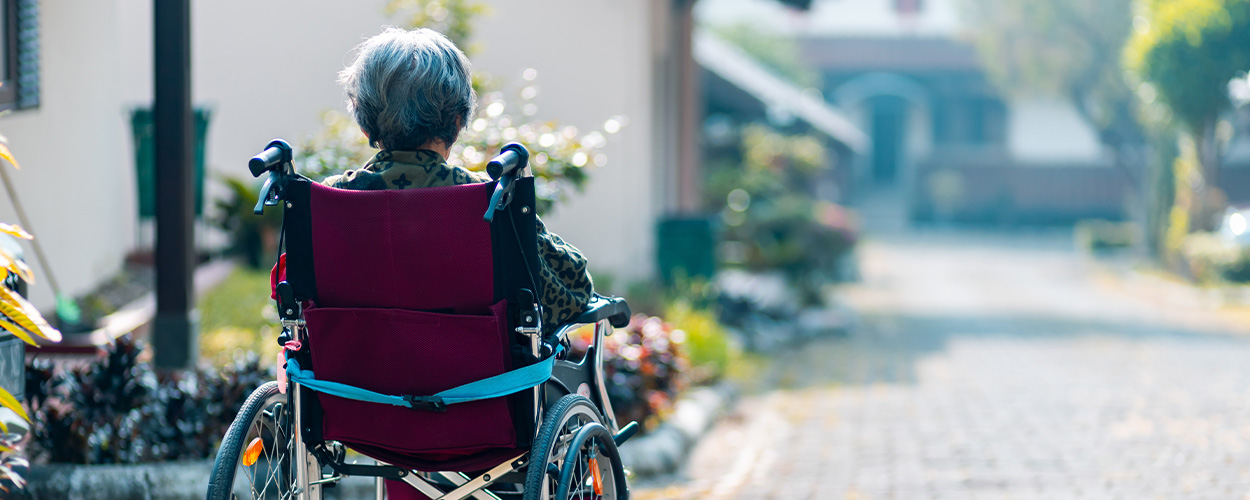
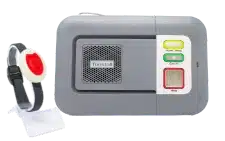
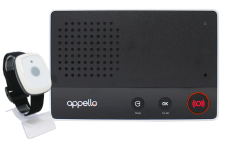

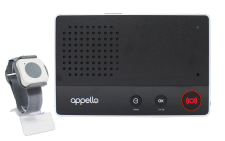
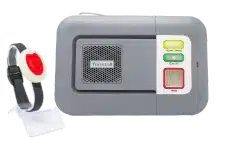

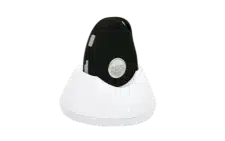




Leave a Reply